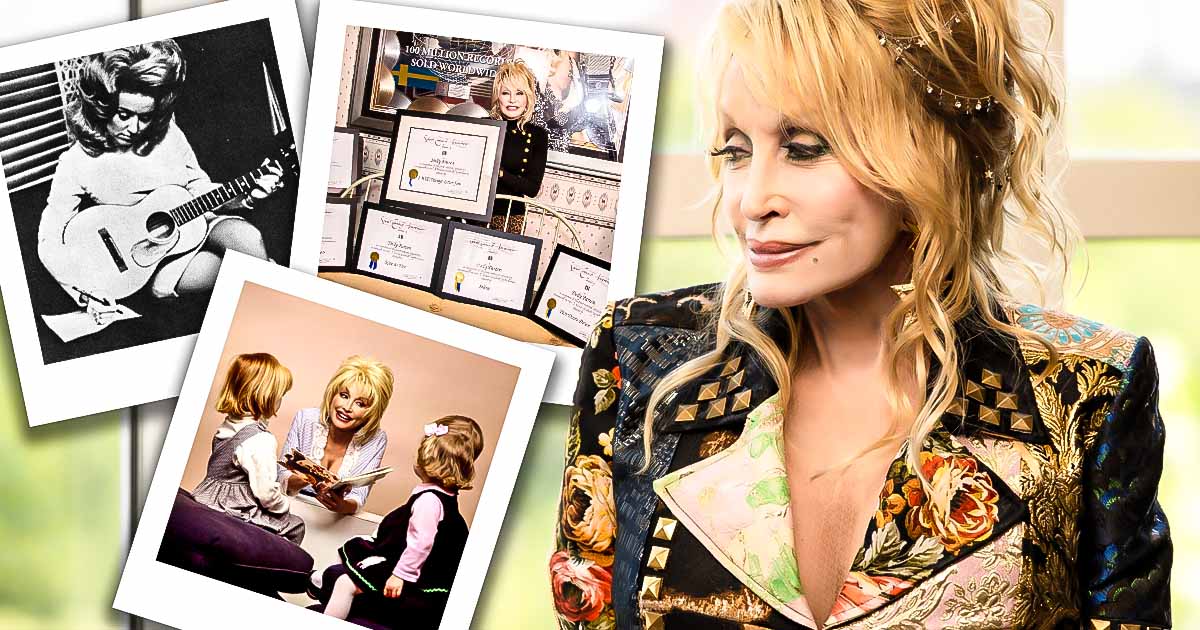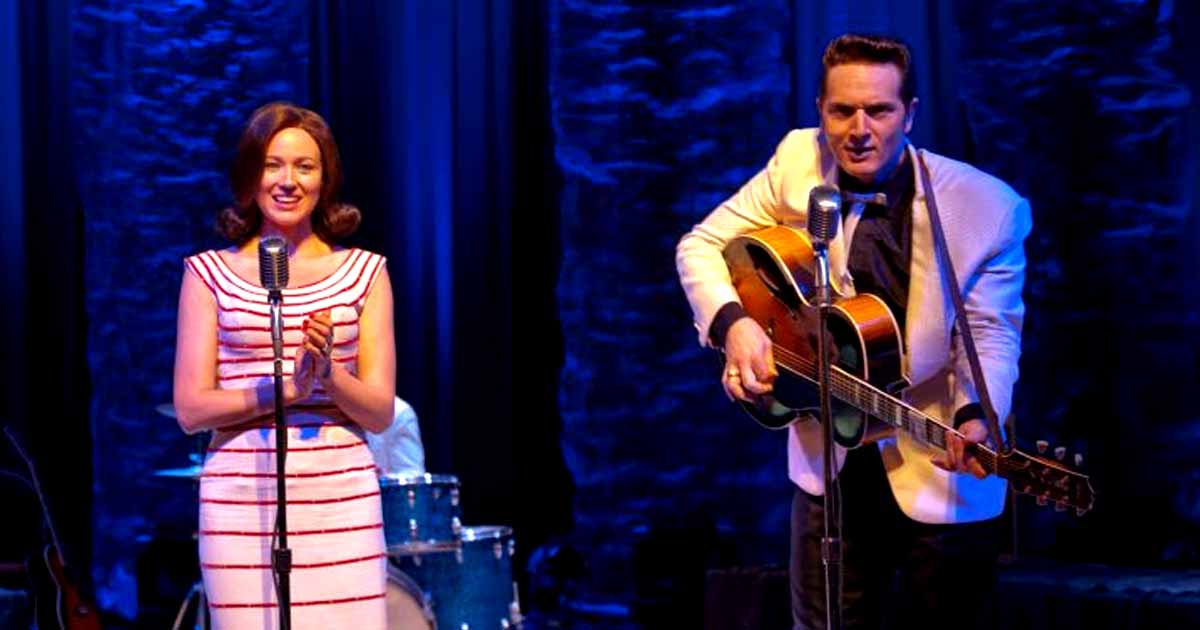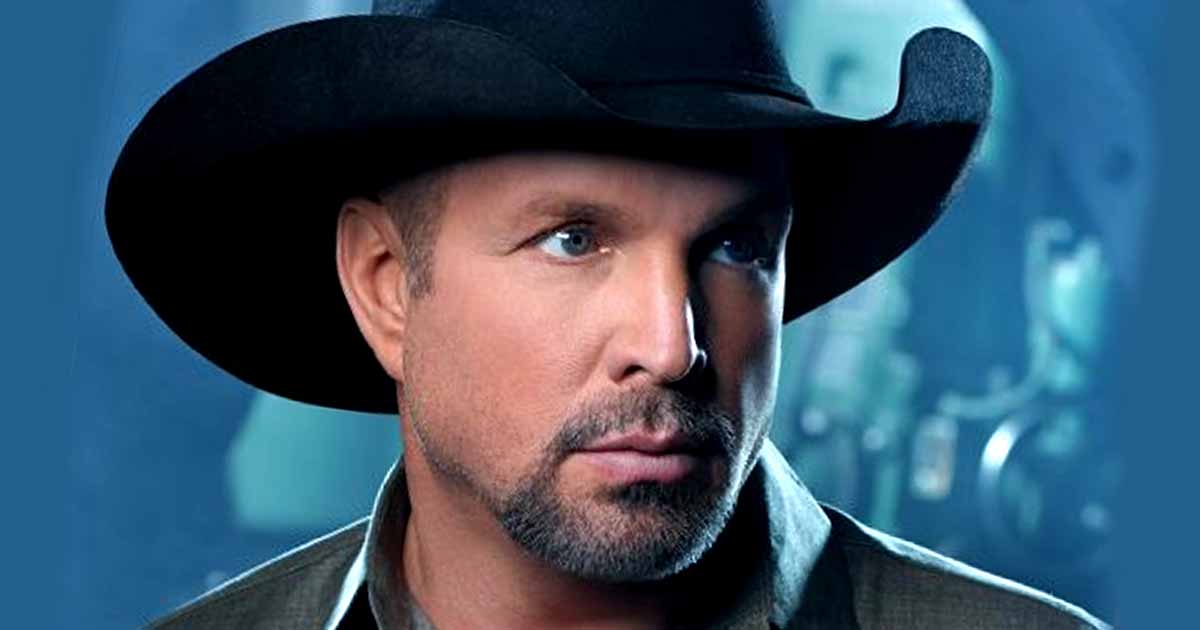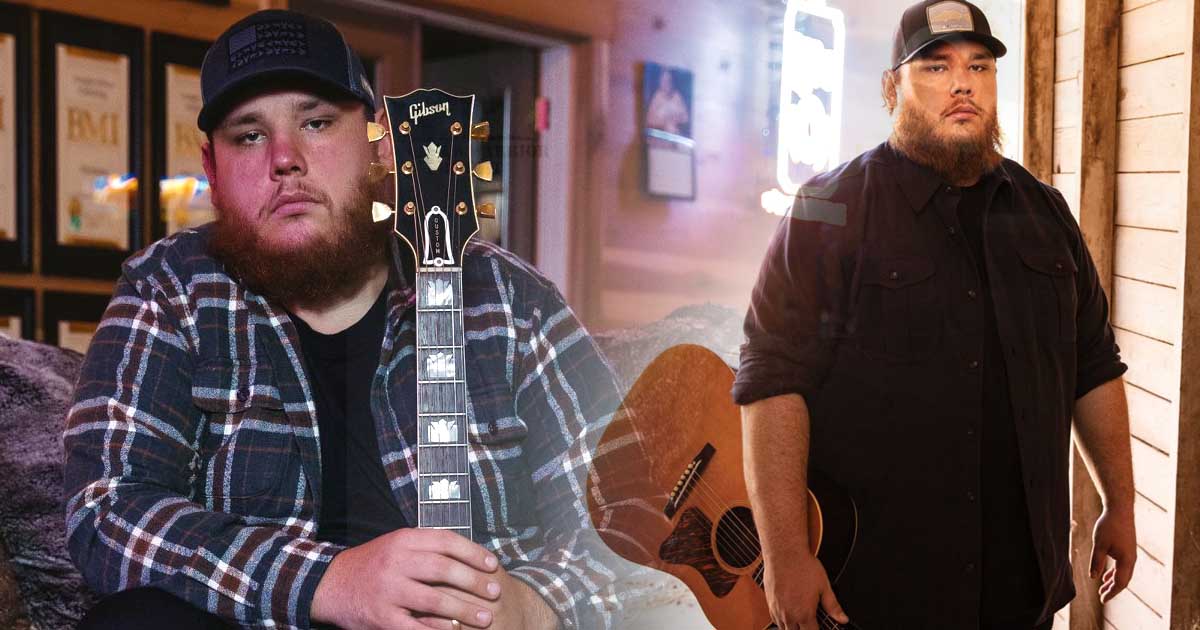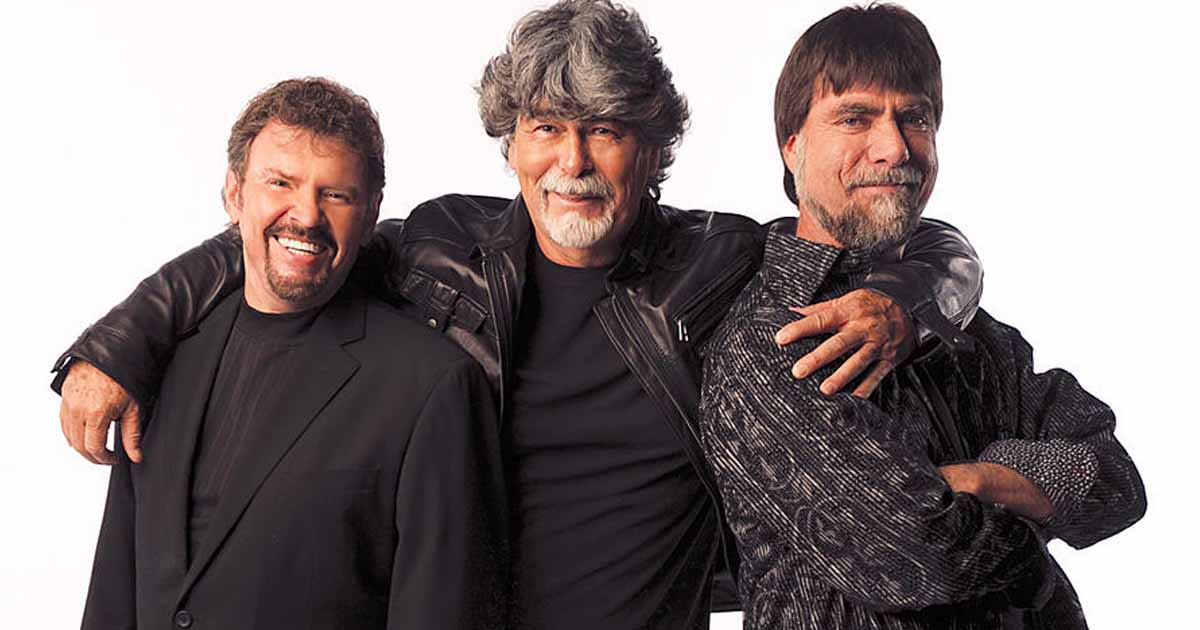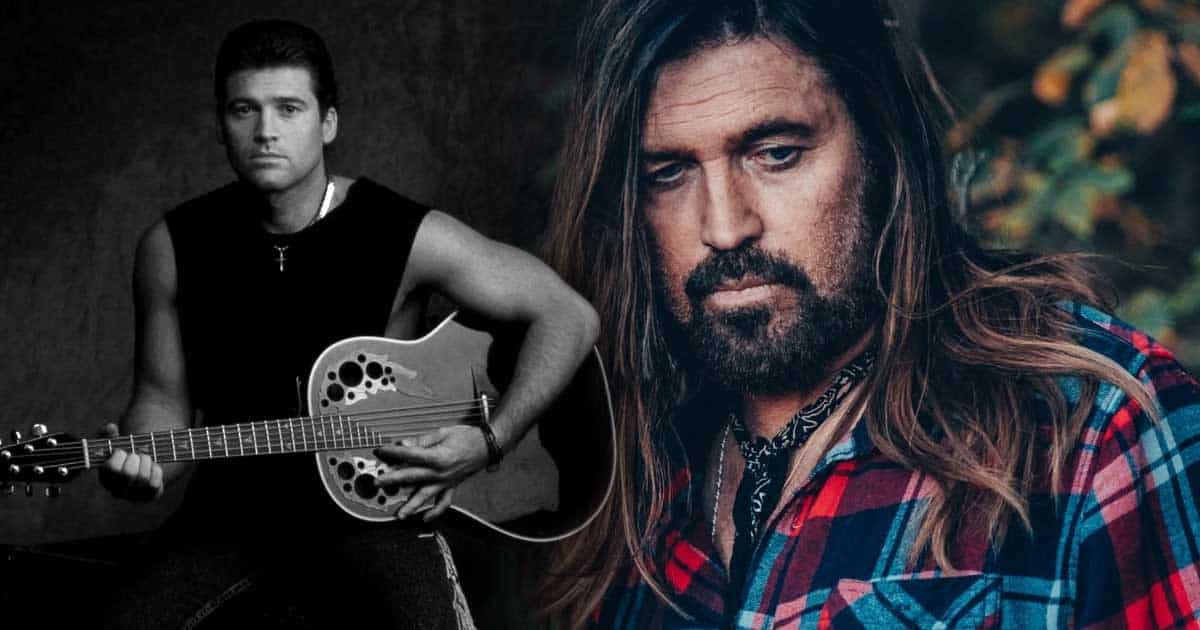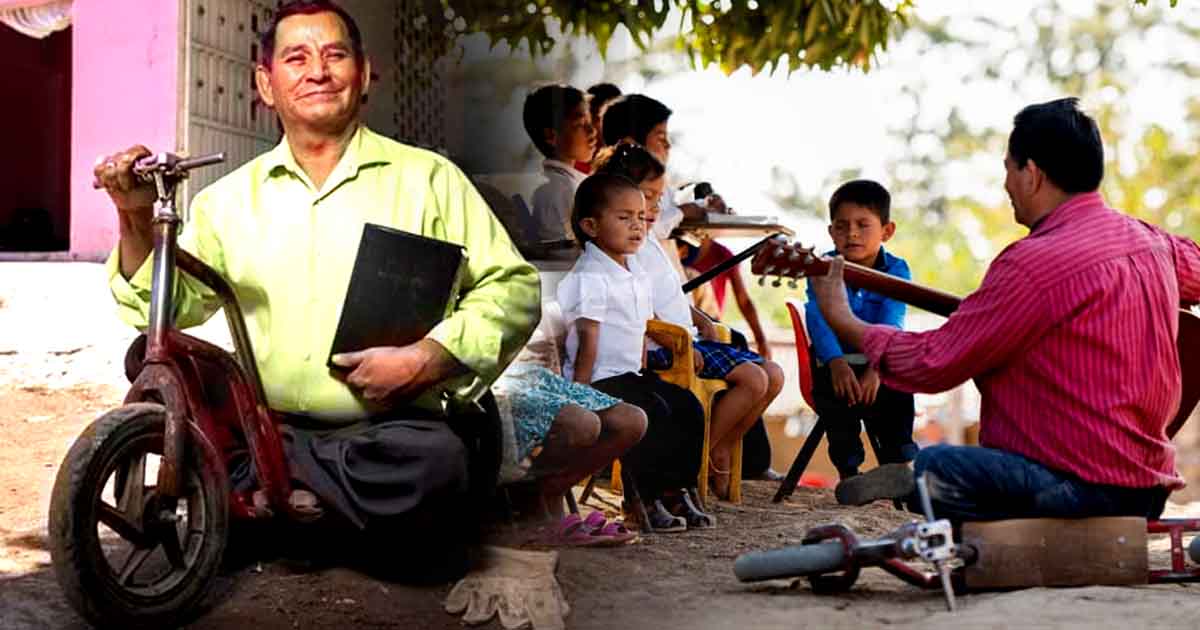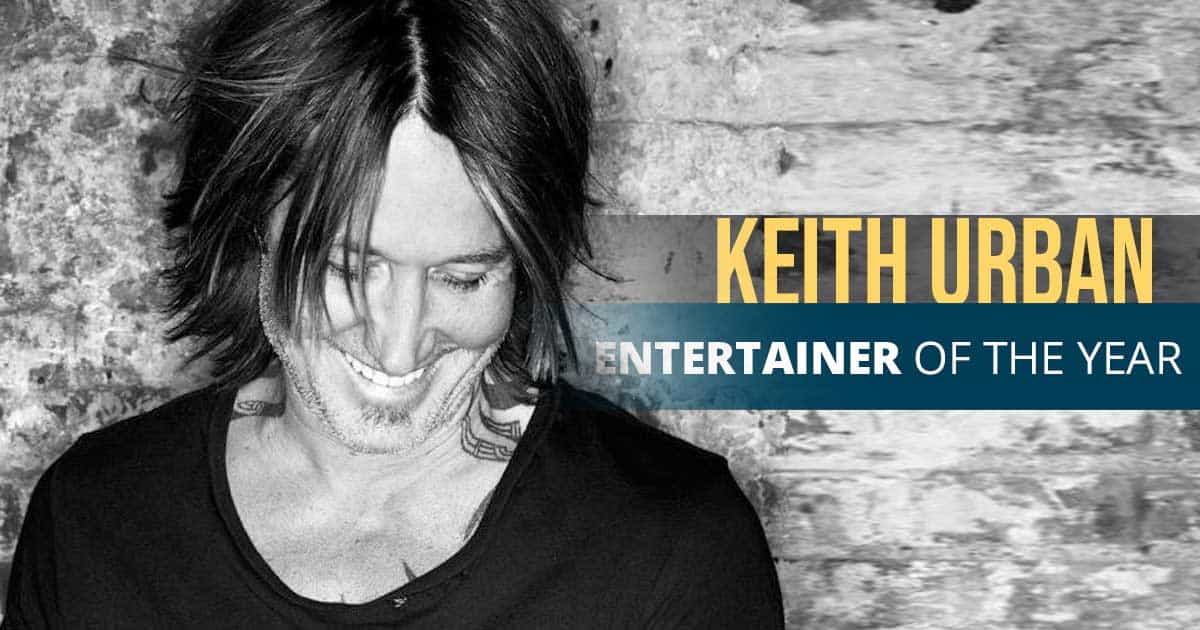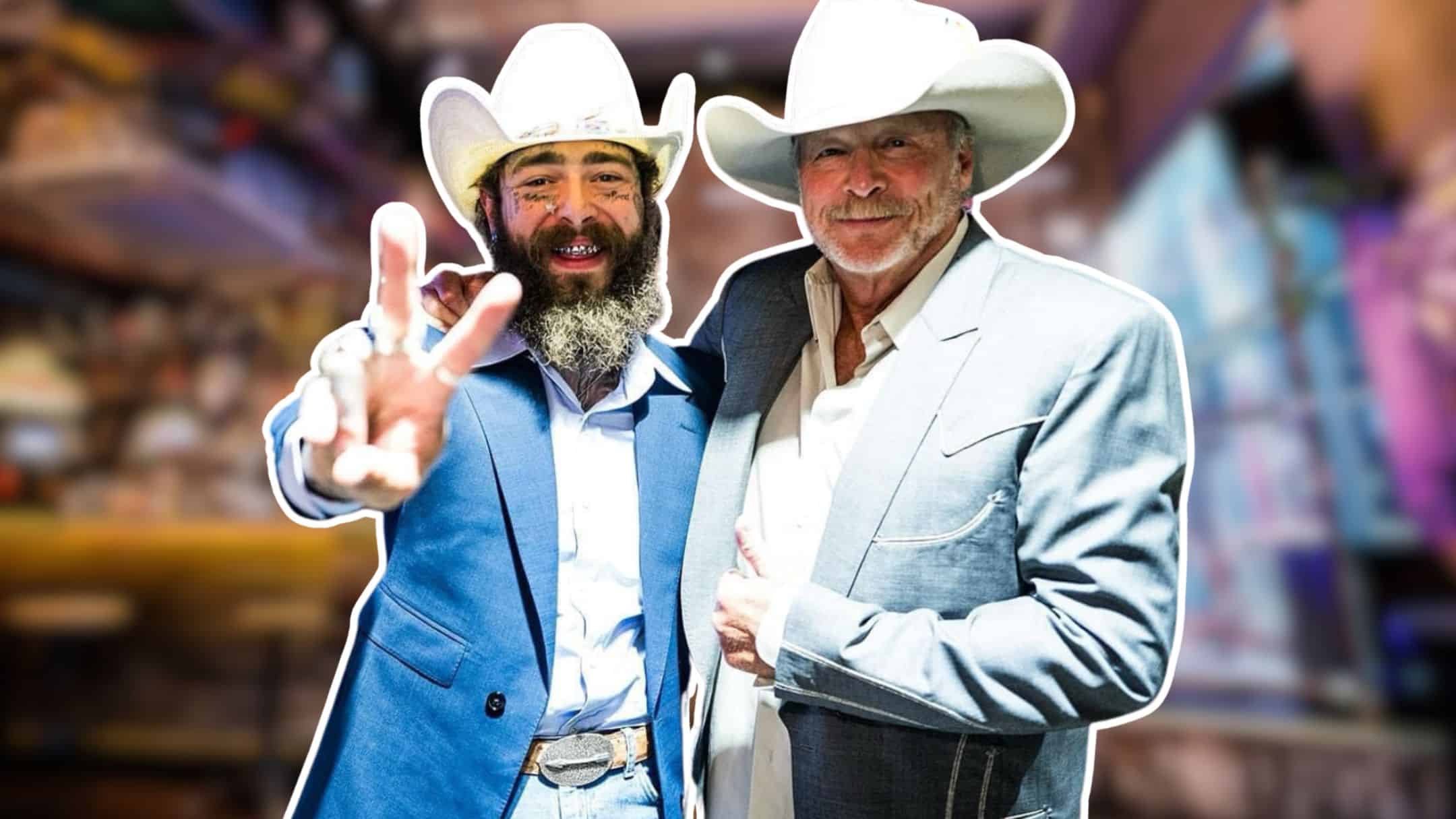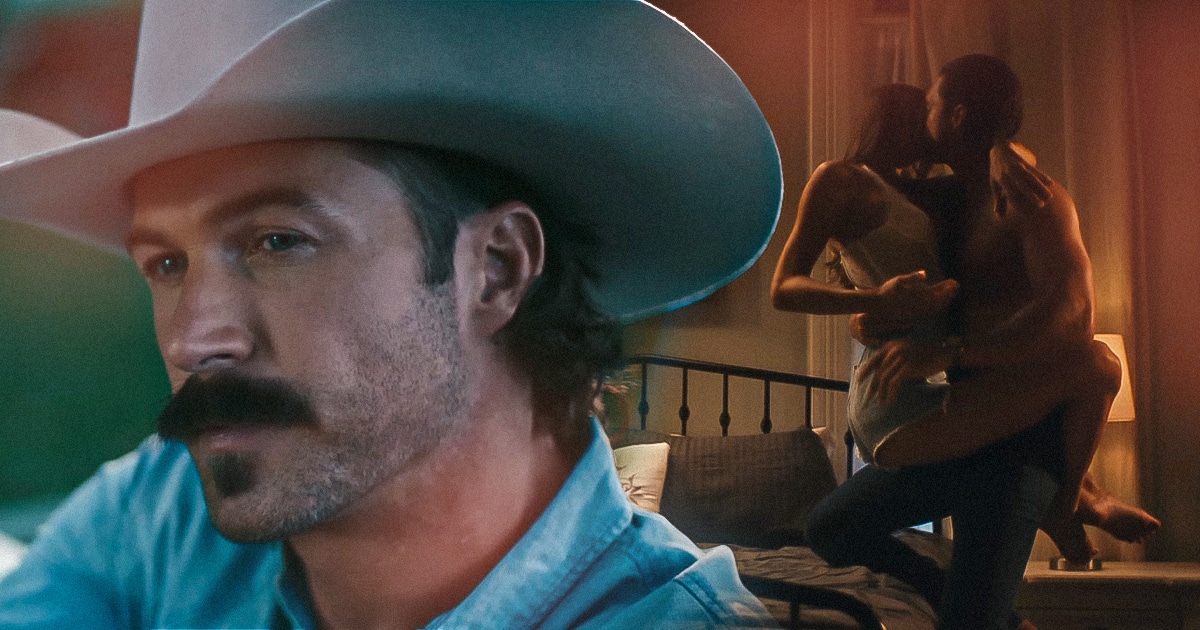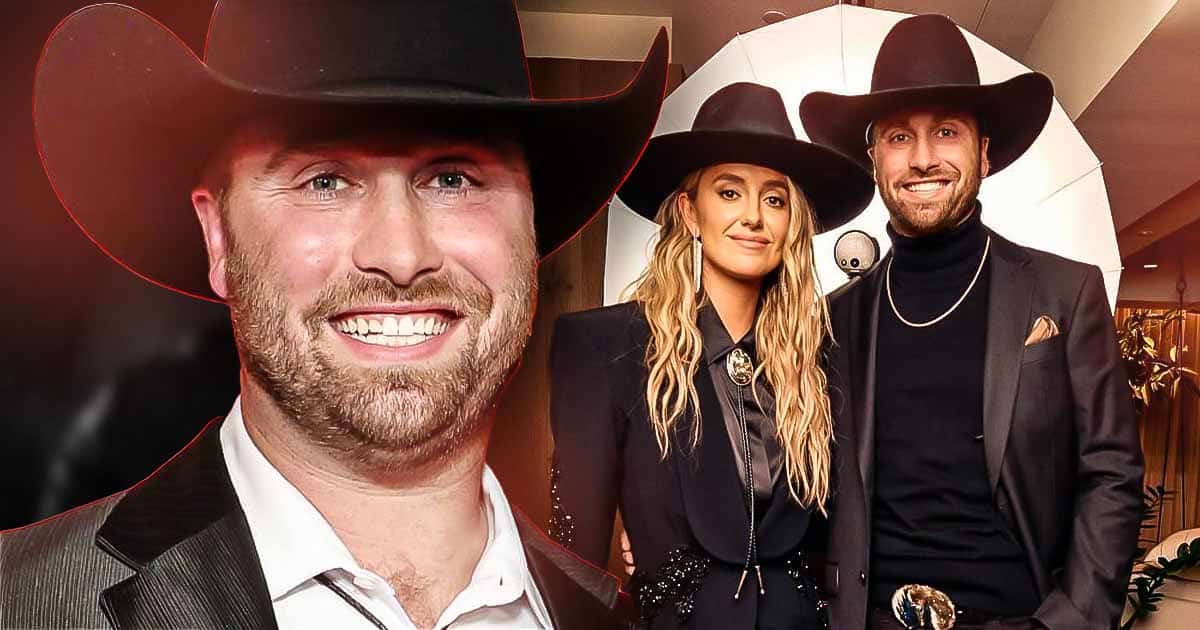Dolly Parton’s life is one of the most inspiring stories in country music. From humble beginnings in a small cabin in rural Tennessee to becoming a global superstar, Dolly’s journey is a true rags-to-riches tale. Yet, despite her immense success, Dolly always remembered where she came from. Her early struggles with poverty have shaped her into one of the most generous and beloved figures in entertainment today. Through her philanthropic efforts, Dolly has spent millions giving back to those in need, proving that even the poorest beginnings can lead to a life of incredible giving.
A Childhood Defined by Poverty and Love
According to the Library of Congress, Dolly Parton was born on January 19, 1946, in Sevier County, Tennessee, into a life of poverty that few today can imagine. The Parton family lived in a small, two-room cabin in Locust Ridge, deep in the Great Smoky Mountains. There was no electricity or running water, and the family had to fetch water from a nearby stream. The cabin was cramped, with Dolly and her eleven siblings sharing what little space they had. Dolly and three or four of her siblings would often sleep in the same bed, huddled together for warmth.
Despite the difficult living conditions, Dolly has always spoken fondly of her childhood, crediting the love and support of her family for making up for the lack of material comforts. Her father, Robert Lee Parton, worked hard as a sharecropper and farmer, and her mother, Avie Lee, managed the household with resourcefulness and care. The family survived through farming, bartering, and doing whatever it took to put food on the table.
“We were dirt poor,” Dolly has said on multiple occasions. “But we didn’t know it. We had love, we had faith, and we had music.” Dolly’s parents couldn’t offer her much material wealth. Still, they gave her something more valuable: a deep connection to music. Her mother would sing to the children, and it was through these simple moments that Dolly found her own voice.
Music as an Escape and a Dream
Music became Dolly’s escape from the hardships of her daily life. By the age of ten, she performed on local radio and television shows in Knoxville, reports the Songwriters Hall of Fame. Encouraged by her uncle, she debuted at the Grand Ole Opry at thirteen. But even with this early success, Dolly’s dreams of stardom were rooted in her family’s poverty. She knew her talent could help lift her and her family out of their struggles.
After graduating from high school in 1964, Dolly wasted no time. She packed her bags and headed straight for Nashville, determined to make a name for herself in the country music world. Dolly quickly caught the industry’s attention with hard work, grit, and her unmistakable voice. Her partnership with country star Porter Wagoner in the late 1960s catapulted her into the spotlight, and it wasn’t long before she struck out on her own.
Her hits like “Jolene,” “I Will Always Love You,” and “9 to 5” made Dolly a household name, but they also served as stepping stones to something greater. As Dolly’s fame and fortune grew, so did her desire to give back to the people who needed it most—people who reminded her of the struggles she faced growing up.
Giving Back to the People Who Need It Most
Dolly Parton’s success could have easily led her to a life of luxury and isolation. Still, instead, she chose a path of compassion and generosity. Remembering her childhood struggles, Dolly became determined to use her wealth to help others, especially those facing the same hardships she knew so well.
In 1988, Dolly established The Dollywood Foundation, which initially focused on improving educational opportunities for children in her home county of Sevier. Over the years, the foundation’s reach expanded. In 1995, Dolly launched the Imagination Library, a program that provides free books to children from birth until they begin school. What started as a local initiative grew into a global movement, and today, the Imagination Library has distributed nearly 200 million books worldwide.
But Dolly’s philanthropy doesn’t stop with education. In 2016, when wildfires devastated parts of Tennessee, Dolly immediately sprang into action. According to Blue Ridge Public Radio, she launched the My People Fund, which provided $1,000 monthly for six months to families who had lost their homes. This direct and personal aid helped hundreds of families get back on their feet after the disaster.
Dolly has also made significant contributions to healthcare. In 2020, she donated $1 million to Vanderbilt University Medical Center. That donation helped fund research that led to the development of the Moderna vaccine, a testament to Dolly’s commitment to helping others in times of crisis.
“I just see so many people struggling, and I think, well, I’m in a position to help,” Dolly has said. “So why wouldn’t I?”

